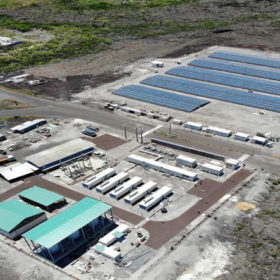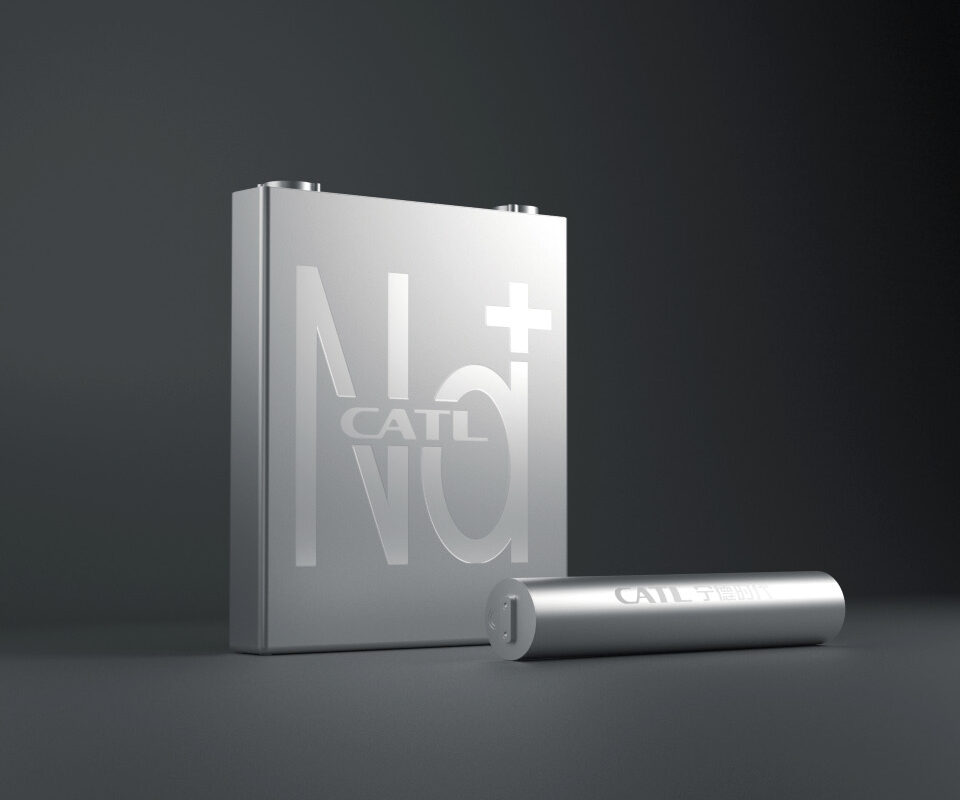The Electricity Regulation and Control Agency of Ecuador (Arconel) has published new rules, which define the characteristics that consumers must comply with in order to install a PV microgeneration system under net metering.
Apart from regulating the sale of surplus of non-self-consumed energy to the grid, the new regulation entitles homeowners or businesses to install a single PV system on their properties, and requires a connection feasibility study. The maximum capacity of the systems has been extended temporarily from 100 kW to 300 kW for residential users, and up to 500 kW for industrial users. The term of operation under net metering has been set at 20 years.
Arconel will control the authorization process for, installation, operation and signing of, the supply contract, while the distribution company will grant the connection and install the meter.
The adoption of this new regulatory framework will support residential and commercial PV in Ecuador for the first time. As reported by the Government of Ecuador in July, cumulative installed PV power amounts to around 24 MW. The majority of this comes from large solar plants, which were tendered in 2013.
In total, the installed power of Ecuador amounts to about 8.2 GW, the majority of which is represented by hydroelectric power – 4.4 GW – and a thermoelectric plant, which has a capacity of 2.4 GW.
This content is protected by copyright and may not be reused. If you want to cooperate with us and would like to reuse some of our content, please contact: editors@pv-magazine.com.




By submitting this form you agree to pv magazine using your data for the purposes of publishing your comment.
Your personal data will only be disclosed or otherwise transmitted to third parties for the purposes of spam filtering or if this is necessary for technical maintenance of the website. Any other transfer to third parties will not take place unless this is justified on the basis of applicable data protection regulations or if pv magazine is legally obliged to do so.
You may revoke this consent at any time with effect for the future, in which case your personal data will be deleted immediately. Otherwise, your data will be deleted if pv magazine has processed your request or the purpose of data storage is fulfilled.
Further information on data privacy can be found in our Data Protection Policy.